
Imagine trying to come up with a pan-ethnic term to describe a humongous and diverse group of people within one particular country, who although culturally similar in some ways, have roots that extend to more than 20 countries across the world. Case in point: Latinos/Latines/Latinex/Hispanics in the United States. We make up over 19% of the US population, that we can agree upon. But nobody can seem to agree upon what to call us, and maybe that's OK.
More from MamásLatinas: Signs that you were raised by Latino parents
Maybe we are a group of people whose beauty and strengths come from this inability to label us as just one thing. Yes, the government needs to quantify and acknowledge our existence to accurately provide for equity. But as individuals within this ginormous group, we get to pick a name for our cultural identity that best resonates with our perspective.
The only way we can do that in an informed way is by learning about the origins and history of each term in order to understand of what we are laying claim to when we say, "I am Latina/Latine/Hispanic/etc." So, let's get into these terms and what they mean.
The history of the term Hispanic in the US.

The term "Hispanic" gained popularity in the 1970s when the Mexican American Legal Defense and Education Fund, along with other organizations, pushed for the federal government to include their community as a separate ethnic category in the US Census. Up until then, Hispanics/Latinos were being counted as white.
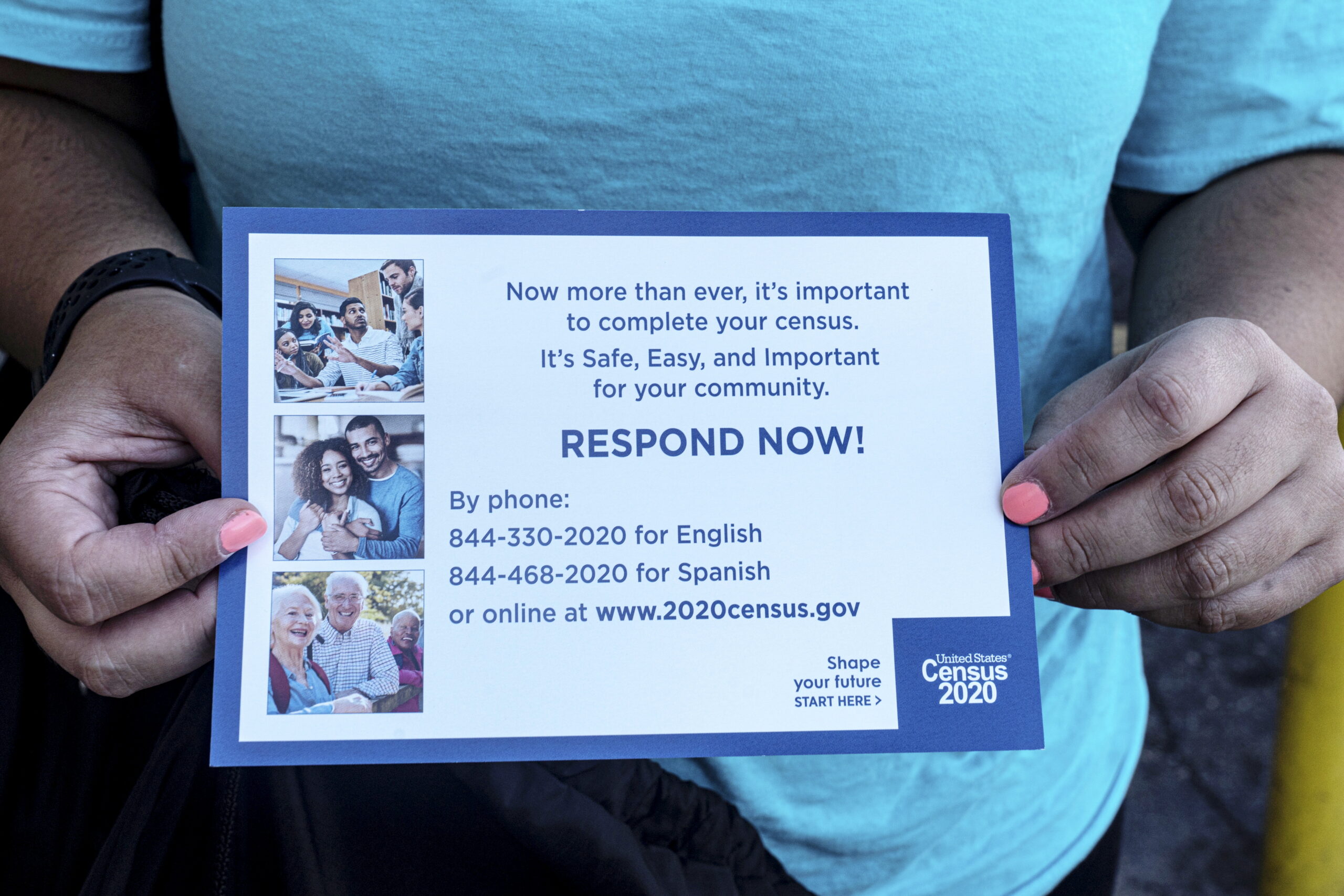
This overrepresentation of whites and nonrepresentation of Hispanics matters because Census data is used to allocate funds and draw legislative districts. Activists argued successfully that lumping Hispanics/Latinos in with the white population was basically making them invisible and keeping them underserved. To alleviate that problem, Public Law 94-311 was passed, which mandates the collection of data on "Hispanics."
How the US government defines Hispanic.
Public Law 94-311, defines Hispanics as "Americans who identify themselves as being of Spanish-speaking background and trace their origin or descent from Mexico, Puerto Rico, Cuba, Central and South America, and other Spanish-speaking countries." In other words, it groups people with origins from Spanish-speaking countries together.
Why do some object to the term Hispanic?
There are lots of reasons why many people don't like the term Hispanic. For one, it prioritizes Spanish colonial history and language, never mind indigenous cultures or languages. Therefore, it includes people from Spain and leaves out people from countries in Latin America that do not speak Spanish, like Brazil. Also, many contend that Spaniards should be categorized as Europeans because Spain is in Europe.
What does the term Latino mean?
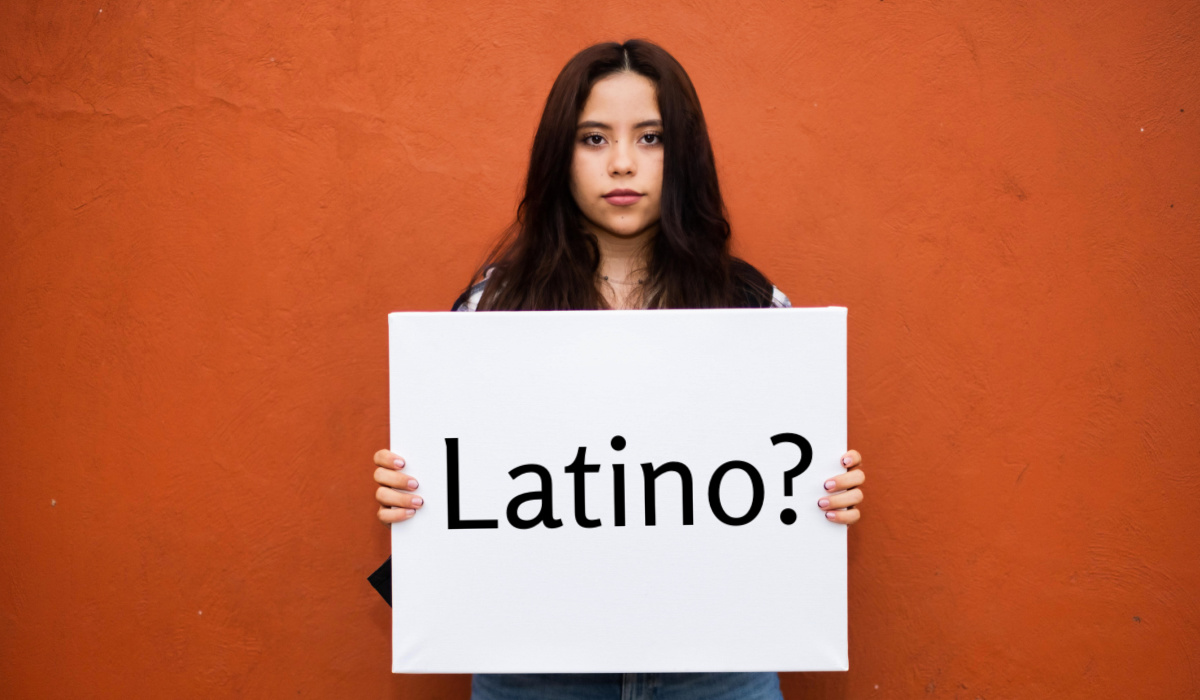
Latino is a shortened form of Latino America and refers to people who trace their ancestry to Latin American countries. That means the term includes people from Brazil and excludes people from Spain. Many prefer the term Latino because it does not highlight colonialist history in the same way that Hispanic does.
Latino/a and Latin@ are written options.

When writing about the community, but not wanting to use the term Hispanic, many writers opted to use either "Latino/a" or "Latin@" so as to be gender inclusive. But you can't really use those terms in spoken language because how do you even pronounce them? Plus, I don't think anyone uses then to describe themselves.
Latinx is a gender neutral option.
No one can really seem to pinpoint who came up with the term or when, but it first appeared in Google Trends in 2004. The word is meant to be inclusive in a way that the Spanish language is not. Since Spanish is a gendered language that defaults to the masculine when describing mixed groups, it not only prioritizes the masculine over the feminine, it also excludes people outside of the gender binary.
Latine is an inclusive term.
Latine is also a gender neutral term that many find easier to pronounce than Latinx because there are already words in Spanish like estudiante that end with the gender neutral e. It originated within the LGBTQI+, gender nonbinary communities in Spanish-speaking countries, whereas Latinx seems to have originated in the US.
Of course, there are many other terms that are used.
According to a 2019 Pew Research Center survey of Hispanic adults, 14% of those polled call themselves American, while 56% "foreign-born Latinos most often use the name of their origin country to describe themselves, a share that falls to 39% among the U.S.-born adult children of immigrant parents (i.e., the second generation) and 33% among third- or higher-generation Latinos."
Why do these terms matter?
I would say that they matter because words matter. We use language and words to codify meaning. The words we use are windows into our beliefs, our biases, our principles. Therefore, what we choose to call ourselves and others can show our respect or disdain. On a grander scale, what the government calls us or how it categorizes us as can affect us in terms of policy, funding, and justice.
Be respectful.
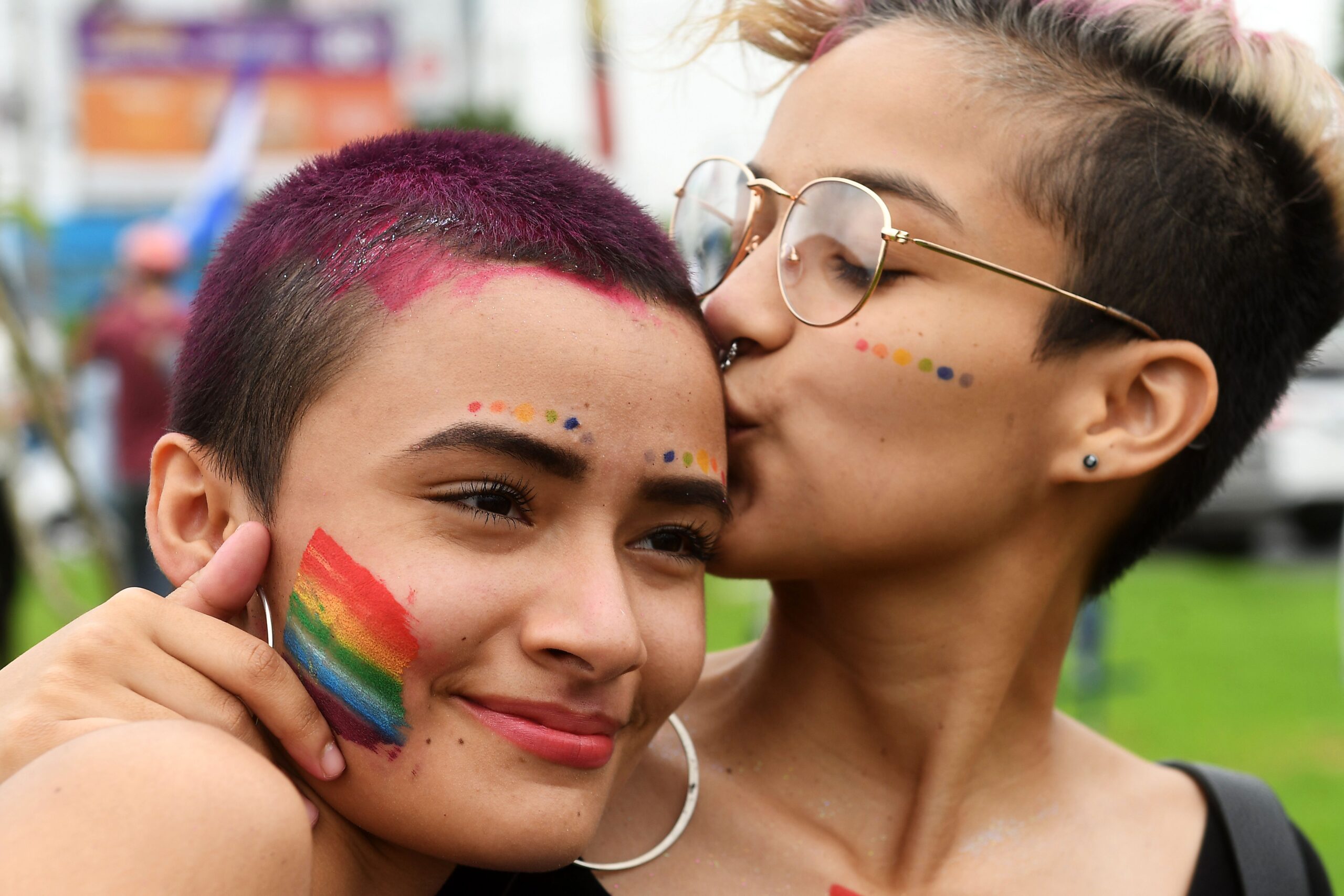
If someone identifies as Latinx or Latine, instead of mocking or dismissing the terminology, can we all just make note and respect that inclusivity matters deeply to this person? It's really not that hard to be respectful. It's also not that hard to accept that language evolves and that when we lack the right words for something, they are bound to be created, so stop being so precious about it.
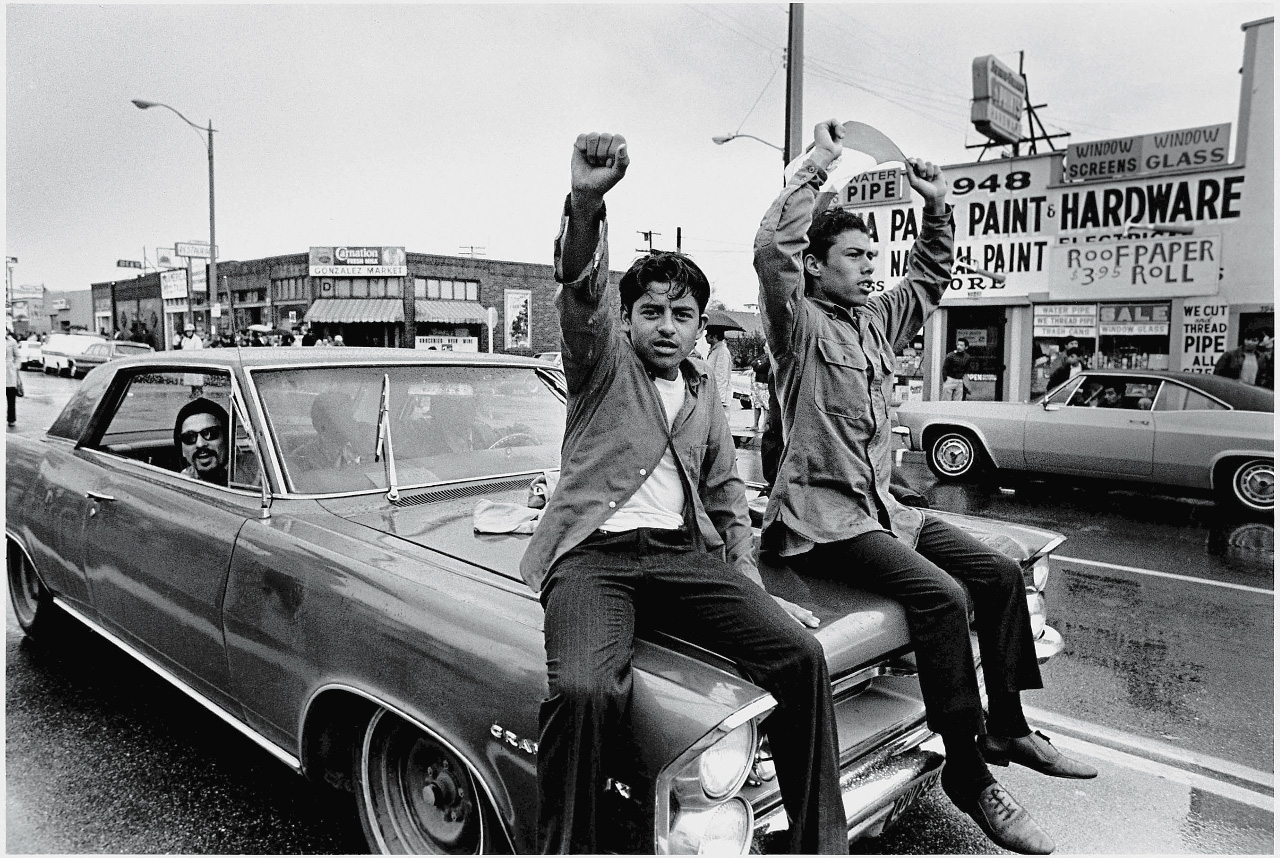
If someone says they are Chicano/a they are letting you know that they are of Mexican descent, identify with the Pachuco/a subculture of the 1940s and the Civil Rights Movement of the 1960s. If they say they are Chicanx or Xicanx, then you know all of the above applies and is topped off with a whole lot of gender inclusivity as well as inclusivity for gender nonbinary folx.
Why should we know what the different terms mean?
Some say that ignorance is bliss, but I will argue that when it comes to a group of underrepresented and under-appreciated people in a country that they financially contribute to enormously, ignorance is neglect at the very least.
What should the government call us?
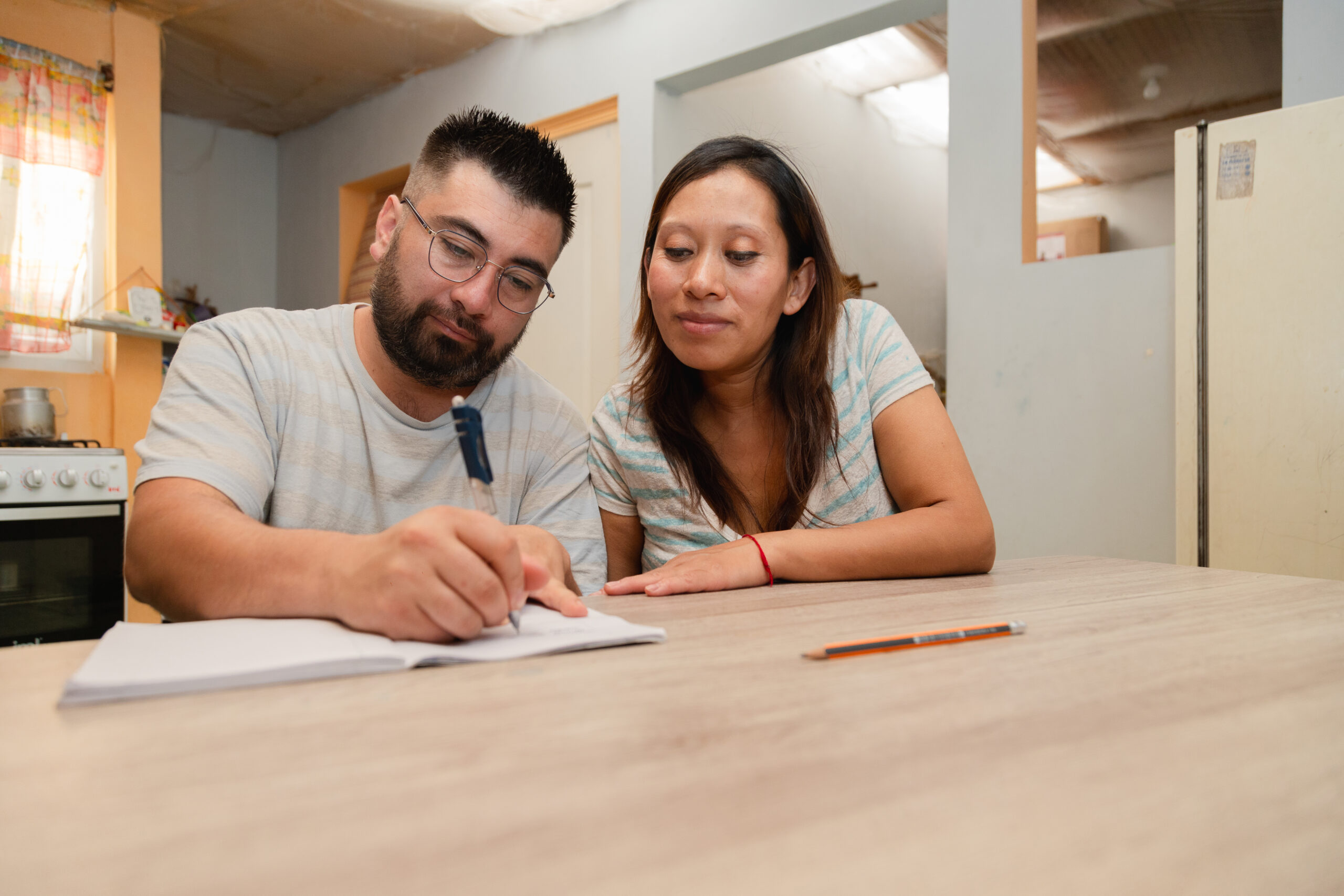
I don't know what the US government should call us because maybe there is no one single catch-all term that will ever work for such a diverse group. All things being ideal, they wouldn't have to call us anything because parity would be a given for all, but we're not there yet.
Identify as you see fit.

I do know that as individuals, we can identify as we see fit and it's perfectly reasonable to ask others to call us what we want to be called. It's also OK, to change our minds about what we want to be called. If you've always called yourself Hispanic, but realize that your principles don't align with the term, there are plenty of other terms to choose.

